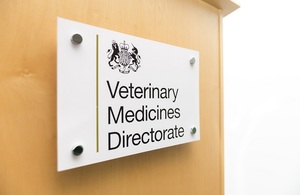We owe it to the millions of refugees and displaced, to find practical, long-term political answers
Thank you, Mr President.
Let me join others in congratulating Gabon on an excellent Presidency and wish Ghana all the best for the month of November. I thank High Commissioner Grandi for his briefing and offer congratulations on the recent extension of his term by the General Assembly.
The United Kingdom commends the tireless efforts of UNHCR, as well as other humanitarian agencies, NGOs and host-nations, for everything they do to support those forced to flee their homes.
Climate change, conflict and the long-term fallout from the COVID19 pandemic have led to shocking and unprecedented levels of displacement as we’ve heard today. Over 300 million people in need of humanitarian assistance. More than 100 million forcibly displaced.
With this context in mind, we echo others’ horror at President Putin’s latest atrocities in Ukraine that are adding substantially to the humanitarian caseload: strikes on civilian targets, ahead of winter, serve no purpose than to spread terror.
And as we’ve heard from numerous interventions this morning, this unprovoked aggression has already displaced more than 14 million people and left almost 18 million in need of humanitarian assistance. It is also causing food insecurity across the planet.
The crisis in Ukraine is but one example of the need to address the drivers of displacement – the UN, with member state support, needs to focus on solutions to crises. From Ethiopia to Syria to Myanmar, we owe it to the millions of refugees and displaced, to find practical, long-term political answers to these prolonged crises.
Furthermore, this Council needs to continue to ensure that actors on the ground meet their responsibilities – this means adherence to International Humanitarian Law, ensuring that refugee returns are voluntary, safe and dignified, and allowing humanitarian workers to safely carry out their work unhindered. And in this context, the United Kingdom supports the initiative of the US and Ireland to secure a horizontal sanctions exemption for humanitarian workers.
Finally, the United Kingdom is taking life-saving action. The UK International Development Strategy sets out our long-standing commitment to life-saving humanitarian work. We intend to contribute over $3 billion to humanitarian needs, globally, over the next three years.
As we look ahead to the Global Refugee Forum next year, this Council needs to place the plight of refugees and forcibly displaced at the centre of its decision-making. Without long-term solutions, the humanitarian caseload will only continue to escalate.
Thank you.


